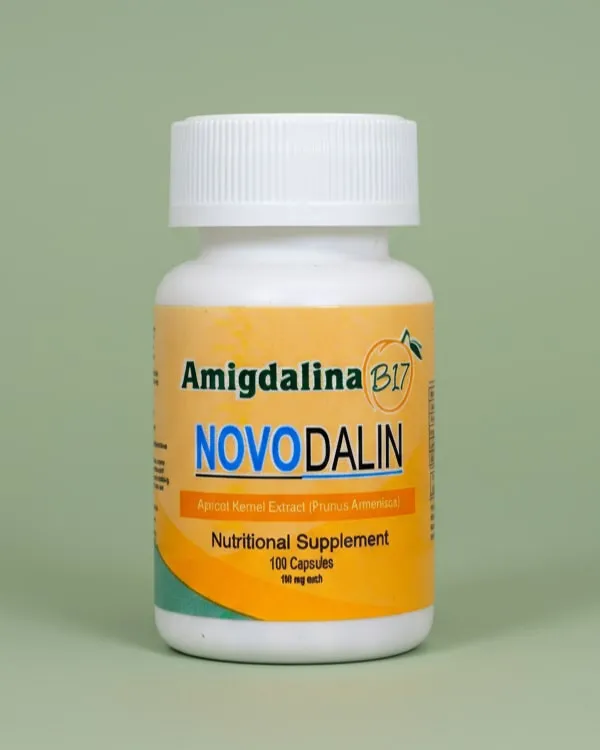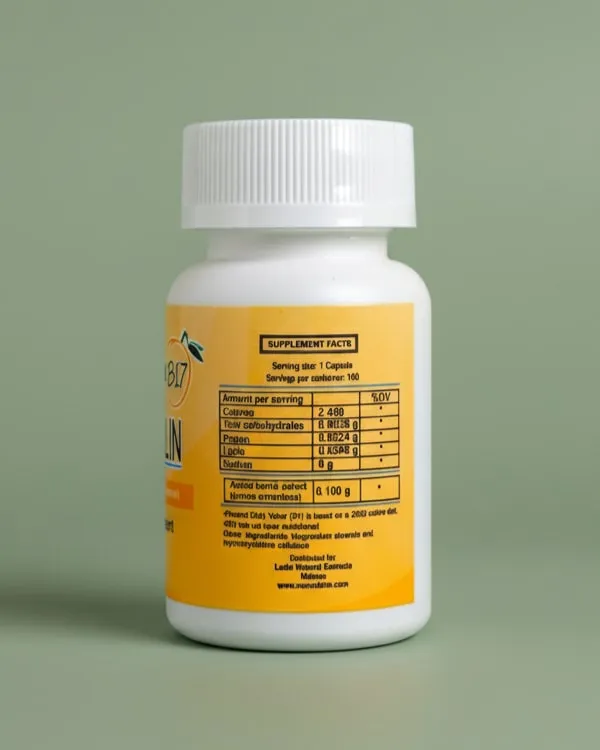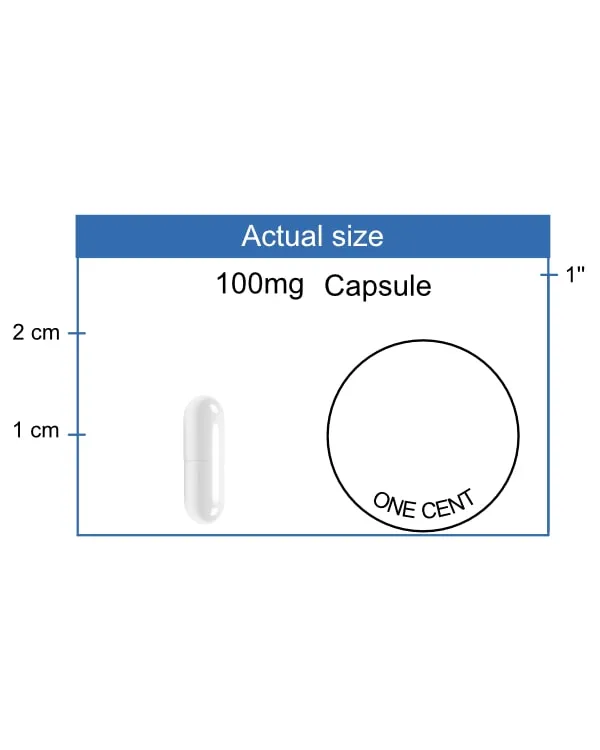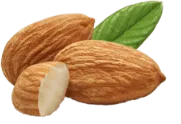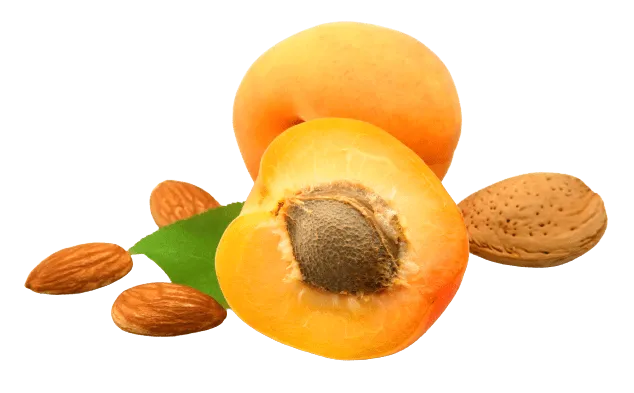Novodalin 100mg Capsules
Authentic Amygdalin, extracted from raw bitter
apricot seeds.
100 Capsules Dietary Supplement
Content per tablet
- 100 mg Amygdalin (D-mandelonitrilo-beta-D-gentiobioside)
- 1.01 mg Magnesium Stearate
Tested for potency, purity, and integrity.
What is amygdalin?
AMYGDALIN is an herbal constituent derived from the kernel of various fruits of the genus “Prunus” which includes: Apricot, Cherry, Peach, Plum, Apples and Almonds among others. According to the Merck Index, and the Chemical Abstracts Service AMYGDALIN is a white, crystalline, inodorous powder with an intensely bitter taste. In order to obtain such a remarkable product and to ensure the highest quality extract of correct chemical composition, temperature and pressure must be monitored very closely, too much heat can change the extract's composition and potency. As important as the carefully controlled extraction process is, the careful selection of the correct kernels harvested at the right time is also required for a successful extraction. This complex process is as much of an art form as it is science and requires experienced growers and manufacturers to ensure a quality product. The extraction conditions of amygdalin from apricot kernels seeds have been optimized by Orthogonal Design in order to attain the optimum extraction condition. The purification and crystallization process that together assure the formation of a pure crystalline white powder that complies with the physical and chemical properties of amygdalin exactly as described in the Merck index.
